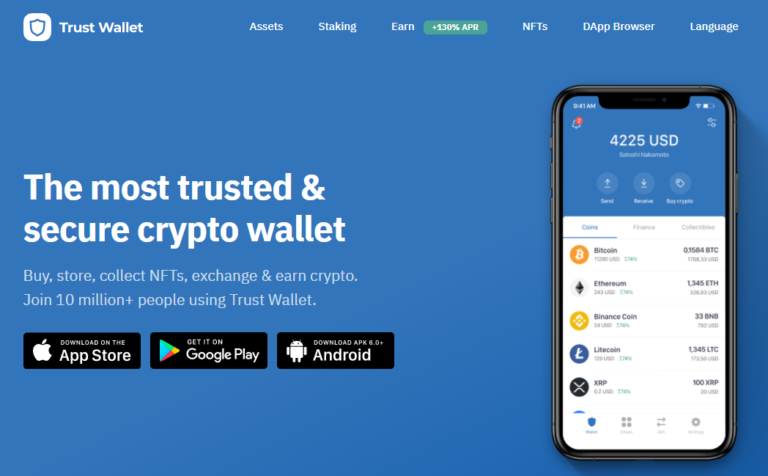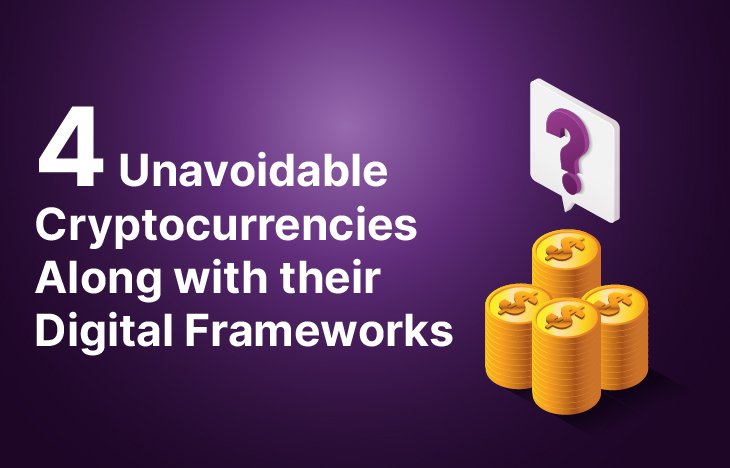Introduction
Supply chain security is a critical concern for businesses across industries, and traditional methods often fall short in ensuring transparency and accountability. Enter blockchain technology, a decentralized ledger system that has emerged as a game-changer for supply chain security. In this article, we explore the transformative role of blockchain in fortifying the security of supply chains, providing a robust solution to address the challenges associated with modern-day logistics.
Transparency Through Decentralization
Blockchain operates on a decentralized network where information is distributed and stored across multiple nodes. This decentralization ensures transparency by allowing every participant in the supply chain to access and verify the information they need. Each block in the chain contains a timestamped record of transactions, creating an immutable and auditable history of every step in the supply chain.
Immutable Record-Keeping for Traceability
One of the key features of blockchain is its immutability. Once data is recorded in a block, it cannot be altered or tampered with. This characteristic is invaluable for traceability in the supply chain. From the origin of raw materials to the final product distribution, every transaction is securely recorded. In case of disputes or recalls, stakeholders can trace the entire journey of a product, identifying the source of any issues with unprecedented accuracy.
Smart Contracts Enhancing Automation
Blockchain introduces smart contracts, self-executing contracts with the terms of the agreement directly written into code. In the supply chain, smart contracts automate various processes, such as payment transfers, customs clearance, and quality checks. These automated processes reduce the risk of human error and fraud, streamlining operations while maintaining a high level of security.
Real-Time Visibility and Monitoring
Traditional supply chains often suffer from delays in information flow, leading to inefficiencies and vulnerabilities. Blockchain provides real-time visibility by updating the distributed ledger simultaneously across the network. This real-time monitoring capability enables stakeholders to make informed decisions promptly, respond to changes, and address potential security threats swiftly.
Enhanced Security Against Counterfeiting
Counterfeit products pose a significant threat to supply chains, impacting not only revenue but also consumer safety. Blockchain’s transparent and traceable nature makes it exceptionally effective in combating counterfeiting. By recording every step of a product’s journey on an immutable ledger, stakeholders can verify the authenticity of products, ensuring that consumers receive genuine and safe goods.
Securing Sensitive Data with Encryption
Blockchain employs advanced encryption techniques to secure sensitive data within the supply chain. Encryption ensures that only authorized parties can access specific information, protecting confidential details about products, transactions, and business relationships. This cryptographic security layer adds an extra level of protection against cyber threats and data breaches.
Decentralized Identity Verification
Identity verification is a crucial aspect of supply chain security, especially when dealing with multiple stakeholders across borders. Blockchain offers decentralized identity verification, where each participant has a unique cryptographic key. This not only establishes a secure identity for each entity but also eliminates the need for a central authority to manage and verify identities, reducing the risk of identity-related fraud.
Resilience Against Cyber Attacks
Centralized databases are susceptible to cyber attacks that can compromise the entire supply chain. Blockchain’s decentralized architecture makes it inherently resilient against such attacks. Hacking one node in the network does not compromise the entire system, ensuring the integrity and security of the supply chain data.
Streamlining Compliance and Auditing Processes
Regulatory compliance is a complex aspect of supply chain management, often requiring extensive documentation and auditing. Blockchain simplifies compliance by providing a transparent and auditable trail of all transactions. This streamlines the auditing process, making it more efficient and reducing the administrative burden associated with ensuring adherence to regulatory standards.
Efficient Supply Chain Financing
Blockchain facilitates more efficient supply chain financing by improving transparency and reducing the risk of fraud. With a clear and immutable record of transactions, financial institutions can make more informed lending decisions, offering financing options to suppliers and distributors. This streamlined financial process contributes to a more secure and reliable supply chain ecosystem.
Interoperability Across Platforms
Interoperability is a critical factor in the success of any technology implementation. Blockchain’s potential for interoperability allows different systems and platforms within the supply chain to seamlessly communicate and share information. This interconnectedness enhances overall security by ensuring that data flows smoothly across the entire supply chain network.
Scalability for Growing Supply Chains
As businesses expand and supply chains grow more complex, scalability becomes a key consideration. Blockchain technology is designed to scale efficiently, accommodating the increasing volume of transactions and data within a growing supply chain. This scalability ensures that the security features of blockchain remain robust, even as the supply chain expands.
Conclusion
The role of blockchain in enhancing supply chain security is transformative, offering a decentralized and transparent solution to the challenges plaguing traditional supply chain management. From real-time visibility and traceability to smart contract automation and encryption, blockchain provides a comprehensive toolkit for securing every aspect of the supply chain. As businesses increasingly prioritize security, efficiency, and transparency, blockchain emerges as a beacon guiding the supply chain industry toward a future of heightened resilience and trust. Embracing blockchain technology is not just an evolution; it’s a revolution in how we secure and manage the intricate web of global supply chains.






